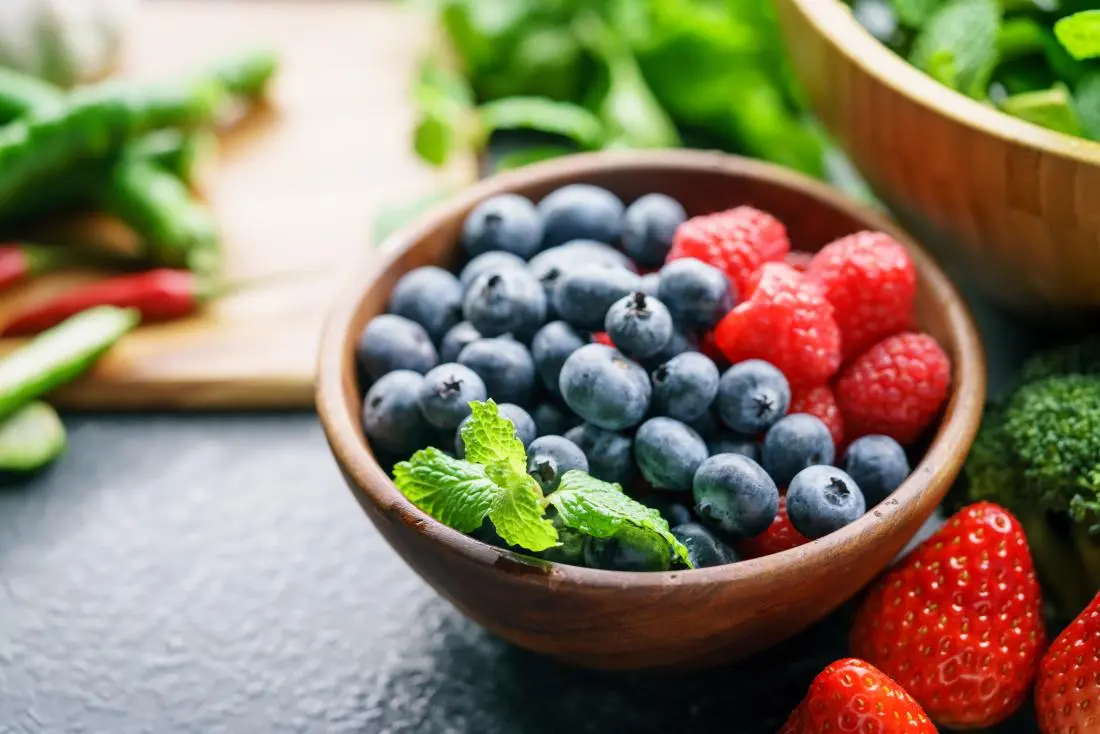Triglycerides are a type of fat found in your blood that can contribute to heart disease and other health problems if levels become too high. While medications can help manage high triglyceride levels, incorporating certain fruits into your diet can also play a role in lowering triglycerides naturally. In this article, we’ll explore various fruits known for their triglyceride-lowering properties and discuss how they can benefit your overall health.
Understanding Triglycerides
Before delving into specific fruits, it’s essential to understand what triglycerides are and why they matter for your health. Triglycerides are a type of lipid (fat) found in your blood. They are the most common type of fat in the body and serve as a source of energy. However, high levels of triglycerides can increase your risk of heart disease, stroke, and other cardiovascular issues.
Factors Influencing Triglyceride Levels
Several factors can contribute to high triglyceride levels, including:
1. Diet: Consuming foods high in sugar, refined carbohydrates, and saturated fats can elevate triglyceride levels.
2. Physical Activity: Lack of exercise and a sedentary lifestyle can lead to higher triglyceride levels.
3. Obesity: Being overweight or obese is often associated with elevated triglycerides.
4. Genetics: Some individuals may have a genetic predisposition to high triglyceride levels.
5. Medical Conditions: Certain medical conditions like diabetes, hypothyroidism, and kidney disease can contribute to elevated triglycerides.
The Role of Fruits in Lowering Triglycerides
Fruits are an essential component of a healthy diet, providing essential nutrients, fiber, and antioxidants. Certain fruits have been found to have specific properties that may help lower triglyceride levels. Incorporating these fruits into your diet, along with other healthy lifestyle choices, can contribute to better triglyceride management.
1. Avocado
Avocado is a nutrient-dense fruit rich in monounsaturated fats, which are known for their heart-healthy benefits. Studies suggest that including avocado in your diet can help lower triglyceride levels and improve overall lipid profile.
2. Berries (Blueberries, Strawberries, Raspberries)
Berries are packed with antioxidants, vitamins, and fiber, making them an excellent choice for lowering triglycerides. The polyphenols in berries have been shown to reduce inflammation and improve lipid levels, including triglycerides.
3. Citrus Fruits (Oranges, Grapefruits, Lemons)
Citrus fruits are known for their high vitamin C content and soluble fiber, both of which can aid in lowering triglyceride levels. Additionally, the flavonoids in citrus fruits have antioxidant properties that support heart health.
4. Apples
Apples are a rich source of soluble fiber, particularly pectin, which has been linked to lower triglyceride levels. Regular consumption of apples can contribute to improved lipid profiles and overall cardiovascular health.
5. Pomegranat
Pomegranate is a fruit renowned for its antioxidant properties. Studies have shown that pomegranate juice can help reduce triglyceride levels, lower blood pressure, and improve overall heart health.
6. Grapes
Grapes, especially red and purple varieties, contain resveratrol, a potent antioxidant that may help lower triglycerides and protect against heart disease. Including grapes in your diet can be beneficial for overall cardiovascular health.
7. Kiwi
Kiwi is a nutrient-dense fruit loaded with vitamins, minerals, and dietary fiber. Its antioxidant properties, along with its low glycemic index, make it a suitable choice for lowering triglycerides and supporting heart health.
Tips for Incorporating Fruits into Your Diet
To maximize the benefits of fruits for lowering triglycerides, consider the following tips:
1. Eat a Variety: Incorporate a variety of fruits into your diet to ensure you get a range of nutrients and antioxidants.
2. Choose Whole Fruits: Opt for whole fruits rather than juices to benefit from their fiber content and avoid added sugars.
3. Control Portion Sizes: While fruits are nutritious, be mindful of portion sizes, especially if you’re watching your calorie intake.
4. Combine with Other Healthy Foods: Pair fruits with other heart-healthy foods like nuts, seeds, whole grains, and lean proteins for balanced meals.
Conclusion
Incorporating fruits into your diet is a delicious and effective way to lower triglyceride levels and improve overall heart health. By choosing nutrient-dense fruits like avocados, berries, citrus fruits, apples, pomegranates, grapes, and kiwis, you can enjoy a variety of flavors while supporting your cardiovascular well-being. Remember to combine fruits with a balanced diet, regular exercise, and other healthy lifestyle habits for optimal triglyceride management and overall wellness.

